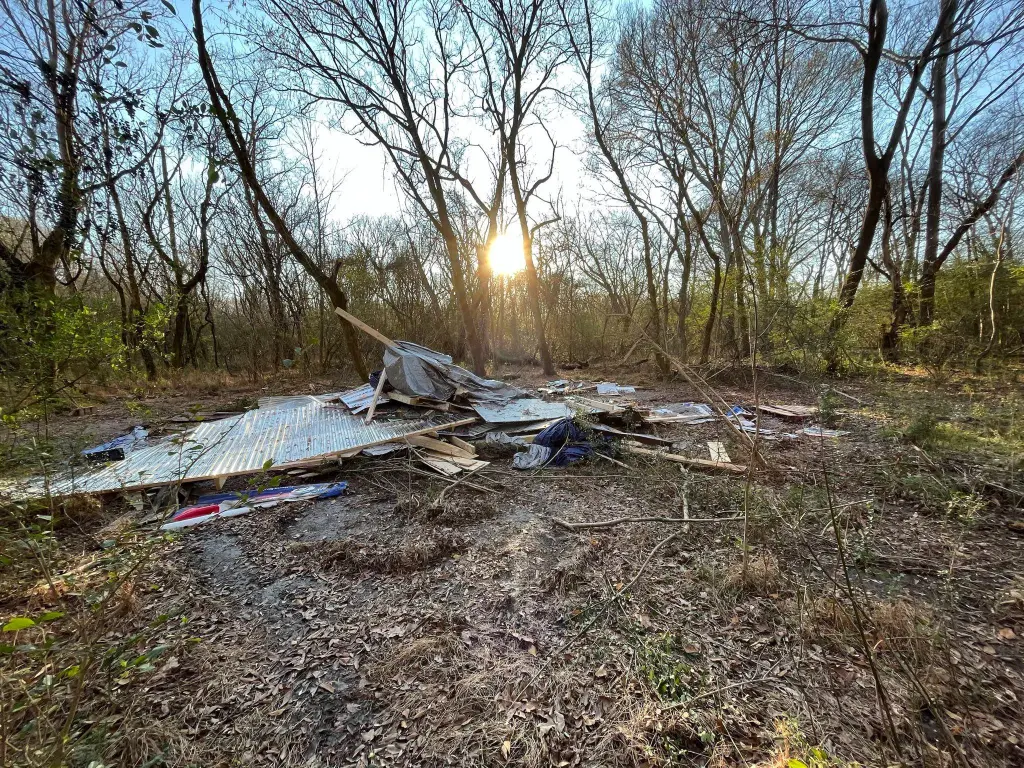The Federal Communications Commission issued an emergency waiver on Friday to make it easier for Jewish Community Centers and law enforcement officials to identify anonymous callers, in an effort to stem the rising tide of violent threats against these institutions.
The emergency federal action comes in response to a “large number of recent bomb-threat calls targeting these facilities and substantial disruption and fear caused as a result,” the FCC said in its order. Since the beginning of the year, dozens of bomb threats directed at Jewish and other religious institutions have been reported around the country.
Videos by VICE
What this means in practice is that when a threatening call comes in, the community center and law enforcement authorities can bypass FCC regulations to get the incoming number more easily from the relevant telecom provider, a FCC official told Motherboard.
“This agency must and will do whatever it can to combat the recent wave of bomb threats against Jewish Community Centers,” FCC Chairman Ajit Pai said in a statement, adding that the agency’s order is intended to “help Jewish Community Centers, telecommunications carriers, and law enforcement agencies track down the perpetrators of these crimes.”
On Friday, a St. Louis man was charged with making bomb threats against several Jewish community institutions, including a school and a museum.
The FCC’s action comes in response to a waiver request made by Sen. Charles Schumer, the New York Democrat, who earlier this week sent the agency a letter in which he cited “69 such incidents involving 54 JCCs in 27 different states since the beginning of 2017,” according to the FCC.
“Perpetrators terrorizing Jewish communities across the country—and here in New York—should not be allowed to hide in the shadows,” Schumer said in a statement. “We cannot give these fear-mongering criminals protection when they are instilling hate and panic.”
In its order, the FCC defined Jewish Community Center as “any entity that operates as a Jewish Community Center or its close equivalent, including any entity that is a member of the JCC Association of North America located in the United States.”
The man who was charged, Juan Thompson, was a former reporter for The Intercept online news website. Thompson was fired for fabricating articles last year. Prosecutors said that Thompson’s threats were a hoax involving a personal grudge against his ex-girlfriend, according to the Associated Press.
“Juan Thompson put 2 bombs in the History Museum set to go off Sunday,” Thompson wrote in a Jan. 28 email to the Jewish History Museum in New York City written from an account disguised to look like it was coming from his ex-girlfriend, according to the federal complaint.
“These actions are heinous and should be fully investigated and prosecuted,” Betsy Reed, Editor-in-Chief of The Intercept, said in a statement.
Thompson, who was arrested on Friday in St. Louis, was charged with one count of cyberstalking, which carries a maximum sentence of five years in prison, according to a press release issued by Preet Bharara, the United States Attorney for the Southern District of New York.




